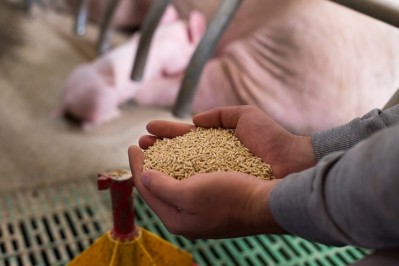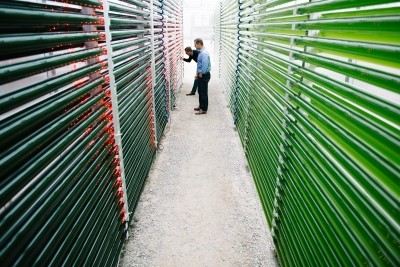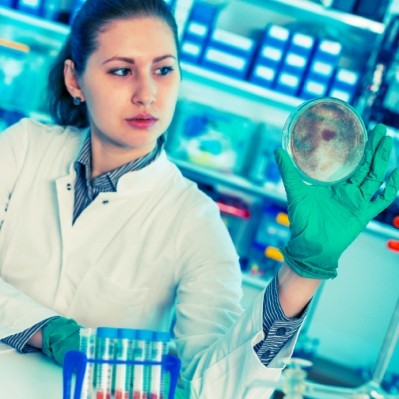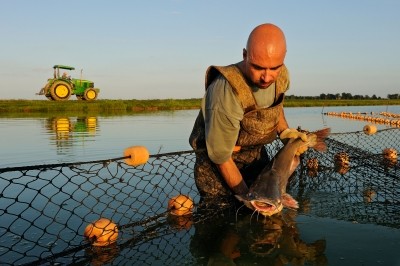‘We want to lower production costs and prove algae are beneficial for livestock', says Dutch team
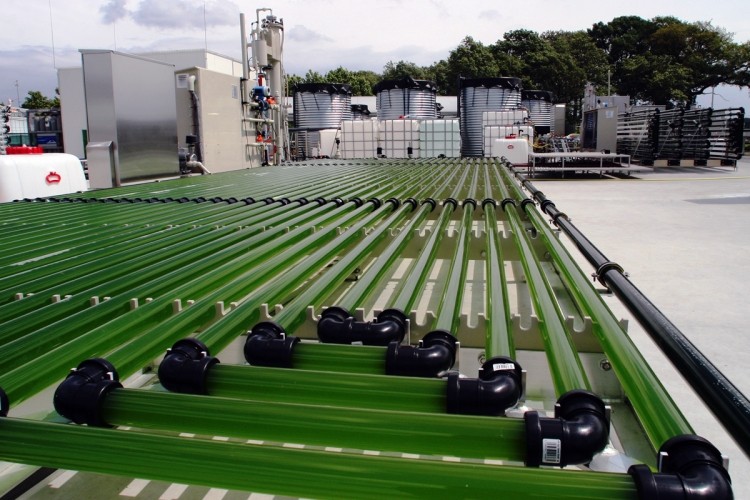
“Algae are also capable of producing more protein per hectare of ground than the current arable crops, and do not compete for land in terms of cultivation,” said one of the project leaders, algae expert Rommie van der Weide, who is based in the applied plant research department at Wageningen UR in the Netherlands.
Additionally, she said, microalgae are rich in protein, and this could make them an interesting alternative to imported soy for animal diets, but “not at this juncture due to current production costs.”
Van der Weide looked at a wide range of studies focused on the nutrient profile of microalgae and their potential for use as a feed ingredient in collaboration with her colleague at the Dutch University, Marinus van Krimpen, who assessed the findings in terms of animal nutrition benefits.
“We started this project six months ago, taking into account the needs of the feed sector through discussions with interested parties," she said.
The research was undertaken in cooperation with Dutch NGO, Natuur & Milieu, the Dutch feed industry association, Nevedi, and the Dutch Ministry of Agriculture and Economic Affairs in the context of stimulating agribusiness innovation.
"While not exhaustive, we have gathered together as much data as we could, given the time limitations, in order to document the different species, gauge their amino acid profile, their nutrient and fat and protein composition, and ultimately their feeding value,” continued van der Weide.
Cultivation methods
The Wageningen team also looked at various microalgae cultivation methods from open ponds to photobioreactors and the impact of those processes on the levels of lipids, antioxidants and other nutrients in the algae.
“Our literature review reveals the knowledge gap that exists in terms of the myriad of changes rendered to the algae by the various production processes,” she told FeedNavigator.
Arising out of the review, the researchers have compiled an algae opportunity map charting the advantages and disadvantages of algae as a feed supplement.
“The findings would indicate from cost perspective, algae production is still relatively high and this is a critical shortcoming. So we are looking now at the best ways to cultivate them.
Further research is underway or planned in terms of developing cheap and durable ways of growing algae using, for example, residues from industrial processing, with a risk analysis build in. We are also assessing cost effective harvesting, drying and extraction methods,” said Van der Weide.
She said the positive impact of algae, for instance on the health of young animals, also needs to be demonstrated even more clearly, with van Krimpen set to evaluate which algae strains are best suited to animal diets.
“We need to carry out practical trials to prove the nutritional value of algae for animals. We can run in-field or laboratory trials to determine, for example, which types of algae have a good effect on immunity or at what point in time do algae have the highest added value or what happens if we mix them into standard feed or if we replace some of the common proteins by algae.”
Public-private partnerships
But the team is calling on farmers and animal feed producers to support such research.
Wageningen UR is already working with dairy farm, Kelstein, and algae grower, Algae Food and Fuel, on a trial in Hallum, producing algae in photobioreactors and open ponds, and using residue streams from a biogas plant.
Wageningen UR’s center ACRRES in Lelystad also allows algae to be cultivate in multiple ways. “The smart thing is to use residual heat, carbon dioxide and, where possible, digestate from a biodigester to grow algae. We are investigating what is the best way is to do this,” adds the researcher.
This site also features a mobile refinery that can split algae into component parts, developed jointly by Algae Food and Fuel and the Netherlands Organization for Applied Scientific Research (TNO).
